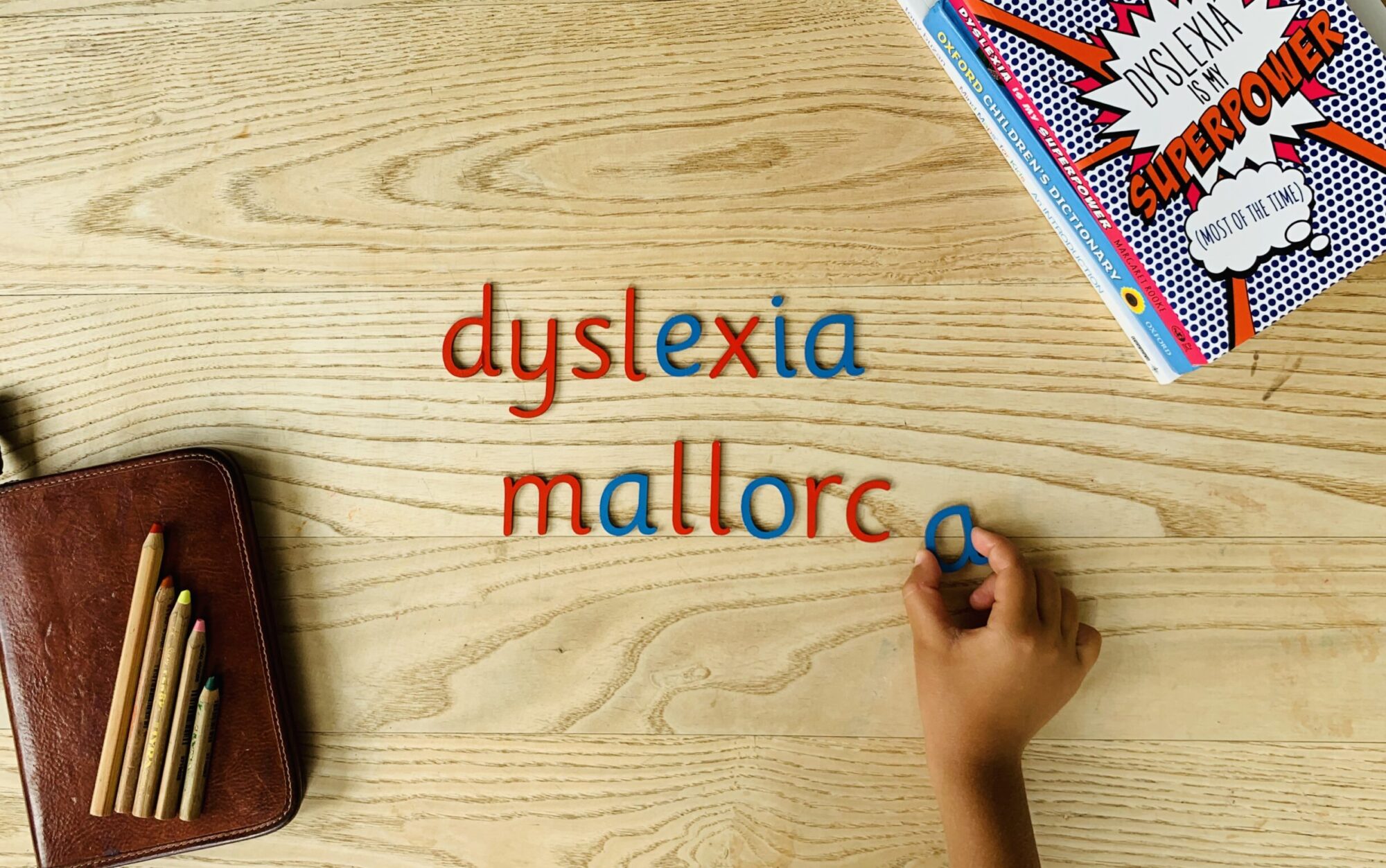Dyslexia can only be diagnosed through a Diagnostic Assessment. However, there are indicators which can help you to identify a young person who may be dyslexic.
Written work
- Has a poor standard of written work compared with oral ability
- Has poor handwriting with badly formed letters or has neat handwriting, but writes very slowly
- Produces badly set out or messy written work, with spellings crossed out several times
- Spells the same word differently in one piece of work
- Has difficulty with punctuation and/or grammar
- Confuses upper and lower case letters
- Writes a great deal but ‘loses the thread’
- Writes very little, but to the point
- Has difficulty taking notes in lessons
- Has difficulty with organisation of homework
- Finds tasks difficult to complete on time
- Appears to know more than they can commit to paper
Reading
- Is hesitant and laboured, especially when reading aloud
- Omits, repeats or adds extra words
- Reads at a reasonable rate, but has a low level of comprehension
- Fails to recognise familiar words
- Misses a line or repeats the same line twice
- Loses their place easily/uses a finger or marker to keep the place
- Has difficulty in pin-pointing the main idea in a passage
- Has difficulty using dictionaries, directories, encyclopaedias
Numeracy
- Has difficulty remembering tables and/or basic number sets
- Finds sequencing problematic
- Confuses signs such as x for +
- Can think at a high level in mathematics, but needs a calculator for simple calculations
- Misreads questions that include words
- Finds mental arithmetic at speed very difficult
- Finds memorising formulae difficult
Other areas
- Confuses direction – left/right
- Has difficulty in learning foreign languages
- Has indeterminate hand preference
- Has difficulty in finding the name for an object
- Has clear difficulties processing information at speed
- Misunderstands complicated questions
- Finds holding a list of instructions in memory difficult, although can perform all tasks when told individually
Behaviour
- Is disorganised or forgetful e.g. over sports equipment, lessons, homework, appointments
- Is immature and/or clumsy
- Has difficulty relating to others; is unable to ‘read’ body language
- Is often in the wrong place at the wrong time
- Is excessively tired, due to the amount of concentration and effort required
A cluster of these indicators alongside areas of ability may point to possible dyslexia and further investigation is recommended.
